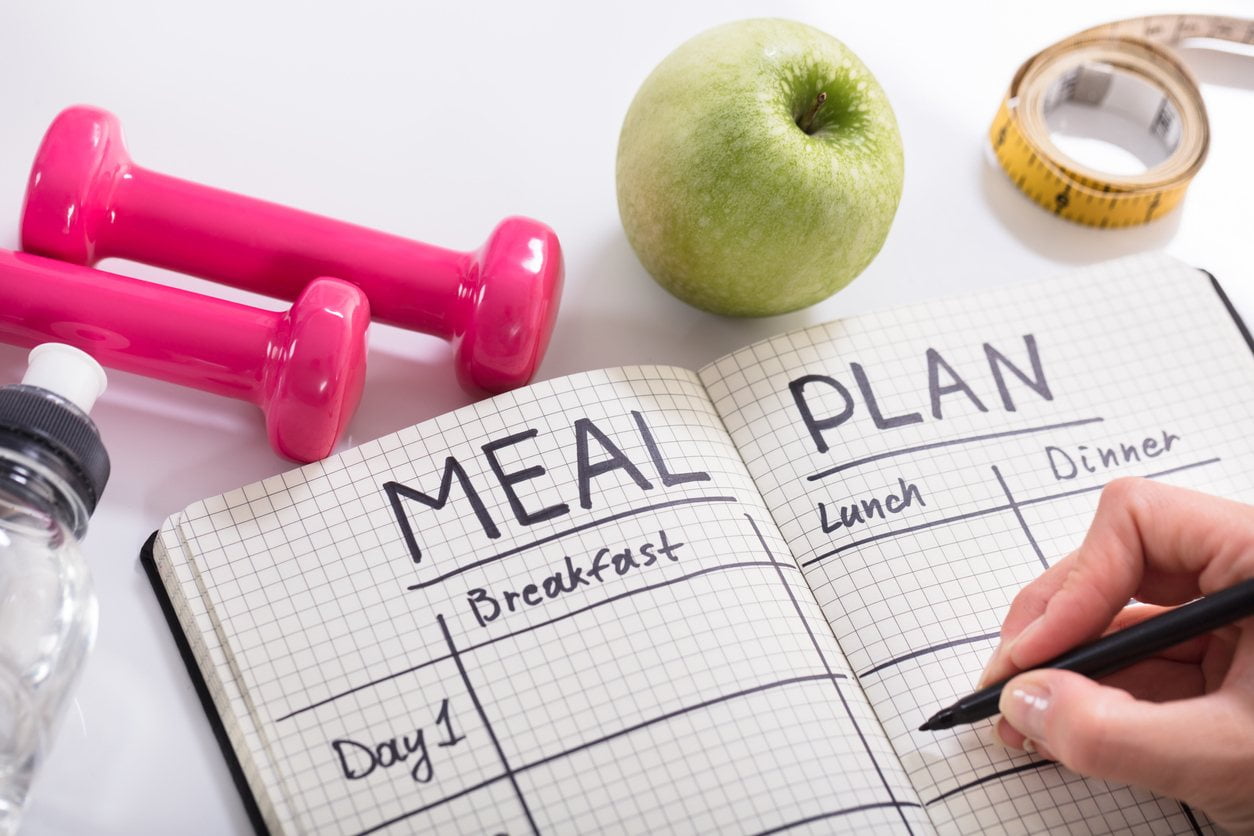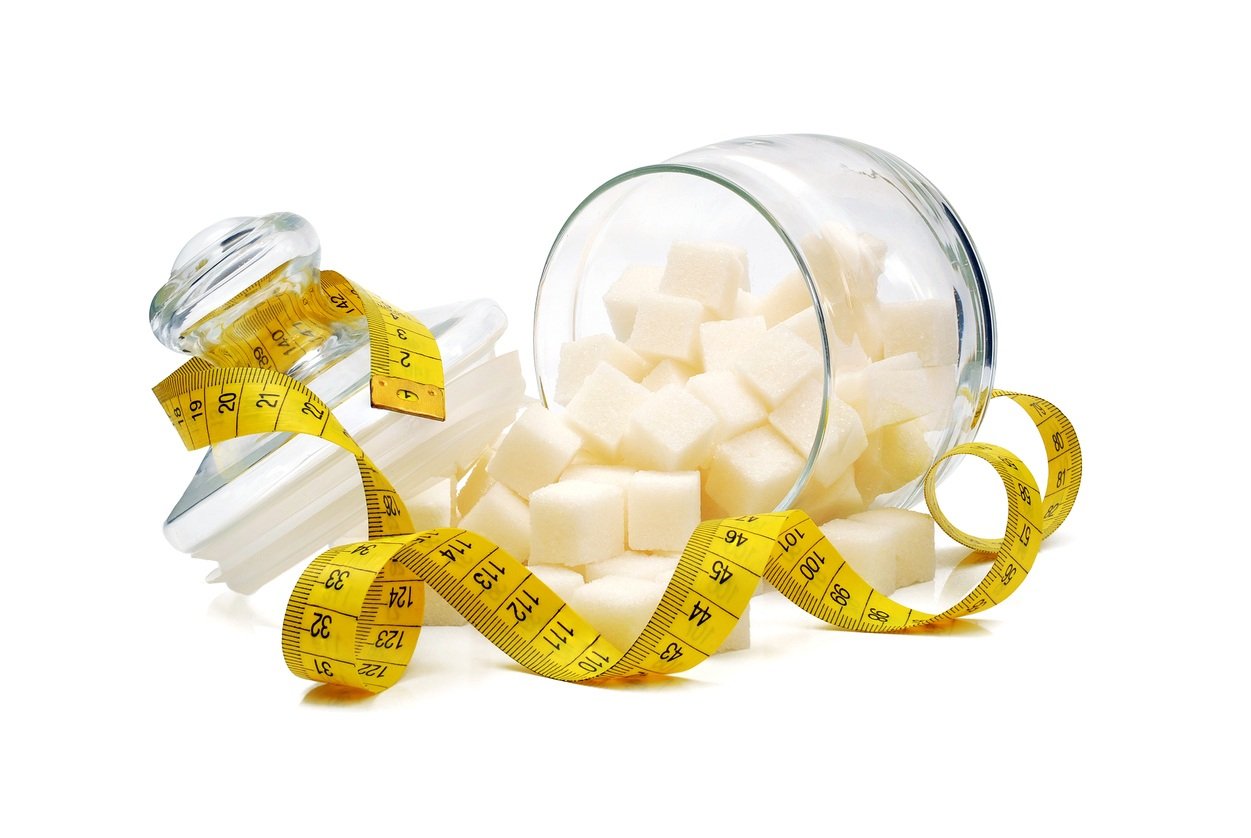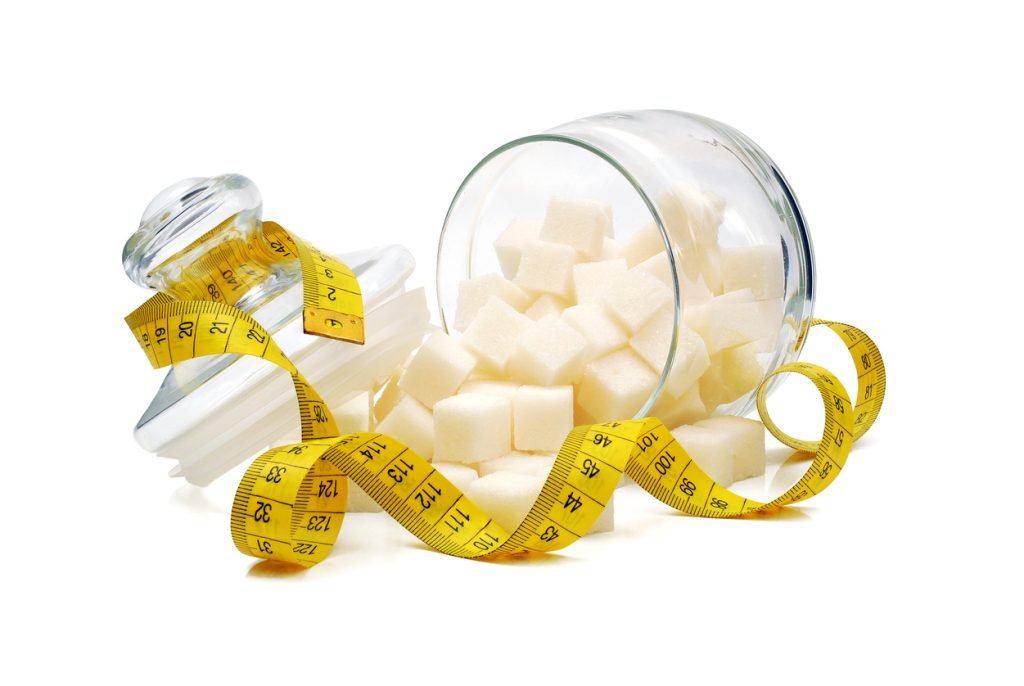

There’s no mistaking that obesity is on the rise in America. Data shows that 41.9% of Americans are obese. Not only can obesity be uncomfortable and diminish one’s quality of life, but it can also contribute to other health conditions, like heart disease. In fact, if you’re obese, you’re over 20% more likely to develop heart disease.
In honor of National Heart Month, the team at BMI Surgery is discussing the connection between obesity and heart health, specifically the higher risk of heart disease and high blood pressure. Combat obesity and heart disease with the knowledge of how to prevent both. Keep on reading to learn more!
How Can Obesity Contribute to Heart Disease?
Heart disease is a general term for various heart conditions. When fat cells enlarge, chronic inflammation can occur by way of your hormones. Chronic inflammation can disrupt your insulin levels, which means your body may have trouble regulating blood sugar. The presence of long-term insulin resistance is called metabolic syndrome, which can make you much more likely to develop certain health conditions.
While high blood pressure isn’t a heart disease, it can lead to heart diseases like heart failure, heart attack, and arrhythmia. High blood pressure requires the heart to work harder to circulate blood to the rest of the body, which causes various heart problems, like heart failure, Peripheral artery disease (PAD), and coronary artery disease. In other cases, excess fat can build up in the arteries that carry blood to your heart. If these pathways are blocked, a heart attack or other heart ailments can occur.
Additionally, the extra work can cause the heart to enlarge, which can lead to heart failure. Obese people may experience heart arrhythmias (heart beats too fast or too slow) more frequently. This occurs when the left ventricle becomes too large with the extra effort required with excess body fat.
How Can I Prevent Obesity & Heart Disease?
The best measures to prevent obesity and heart disease are proper exercise and nutrition. If you have a family history of heart disease, your lifestyle and habits are especially important. We recommend speaking with your doctor about nutritional and exercise plans customized for your current weight.
If you’re not getting enough sleep, you may be raising your chances of developing obesity and heart disease. In fact, if you sleep fewer than six hours a night, you have a 20% higher risk of a heart attack. When you sleep, your heart rate lowers, and you’re less likely to crave salty and sweet foods that aren’t heart-healthy. To prevent heart disease and obesity, we advise seven to nine hours of sleep per night.
Can Weight Loss Surgery Treat Obesity?
Weight loss surgery can treat obesity! Also called bariatric surgery, weight loss surgery can reduce your stomach size to decrease food consumption and absorption. Weight loss surgery may be right for you if other weight loss methods haven’t been successful, like diet or exercise.
There are various weight loss surgeries available, such as laparoscopic gastric bypass, sleeve gastrectomy, and LAP-BAND®. Each surgery is a little different, but each can effectively treat obesity. After weight loss surgery, you’ll still need to maintain a healthy diet and exercise routine.
Celebrate National Heart Month & Reduce Your Risk
If you’re suffering from obesity, or know someone who is, we encourage you to seek treatment. A weight loss specialist can provide options for surgery, support groups, nutritional plans, and more. At BMI Surgery, we have been transforming bodies since 2002 and specialize in weight loss solutions that last for decades to come. Don’t let obesity affect your overall health and well-being– contact the experts today!
Begin Your Journey Towards a Healthier, Happier Life This February
Reduce your risk of heart disease this February! Our team at BMI Surgery can help you lose weight and offer expert advice to help you maintain your results! Call us at (205) 850-1973 or contact us online to transform your body today!











